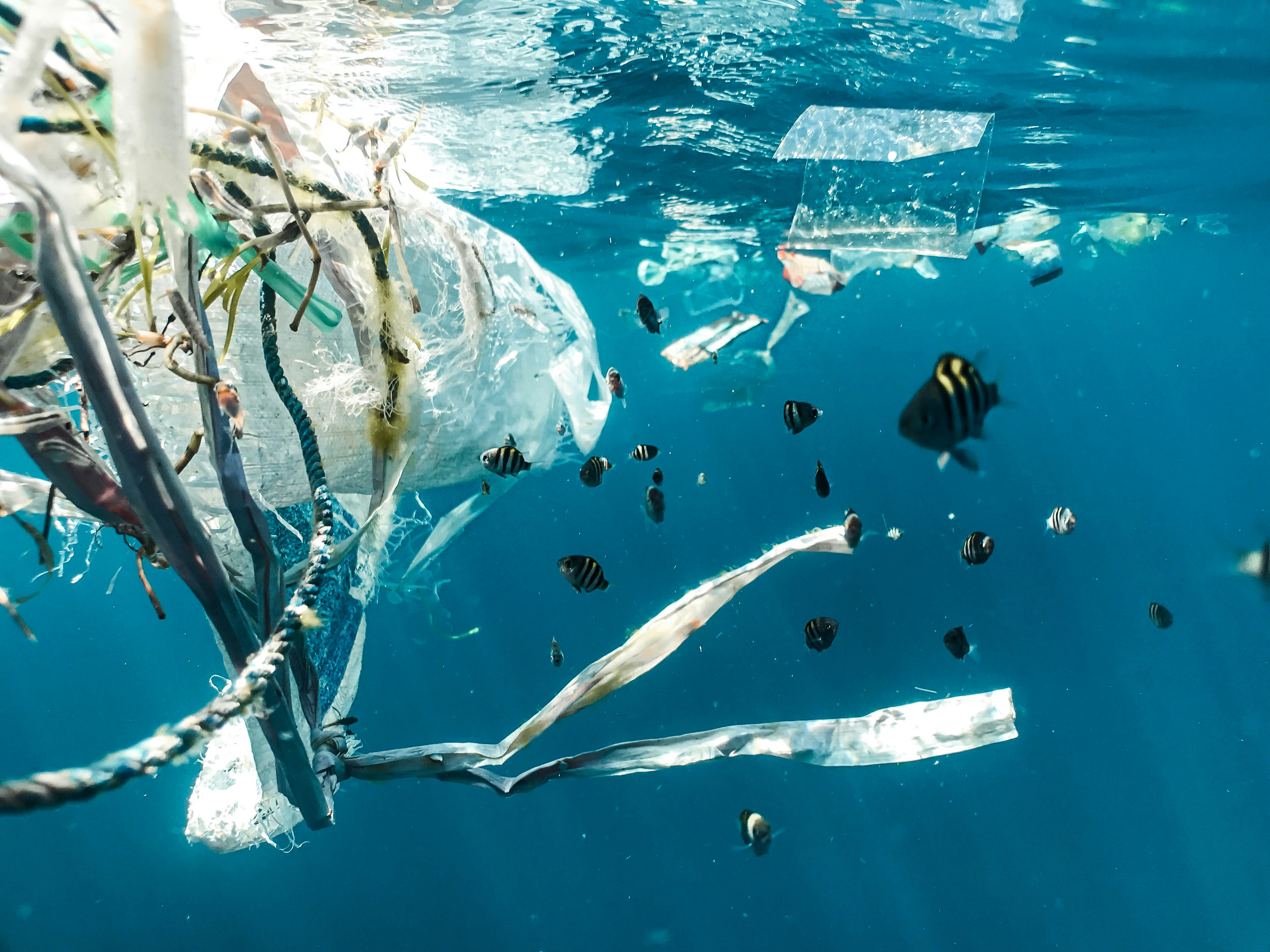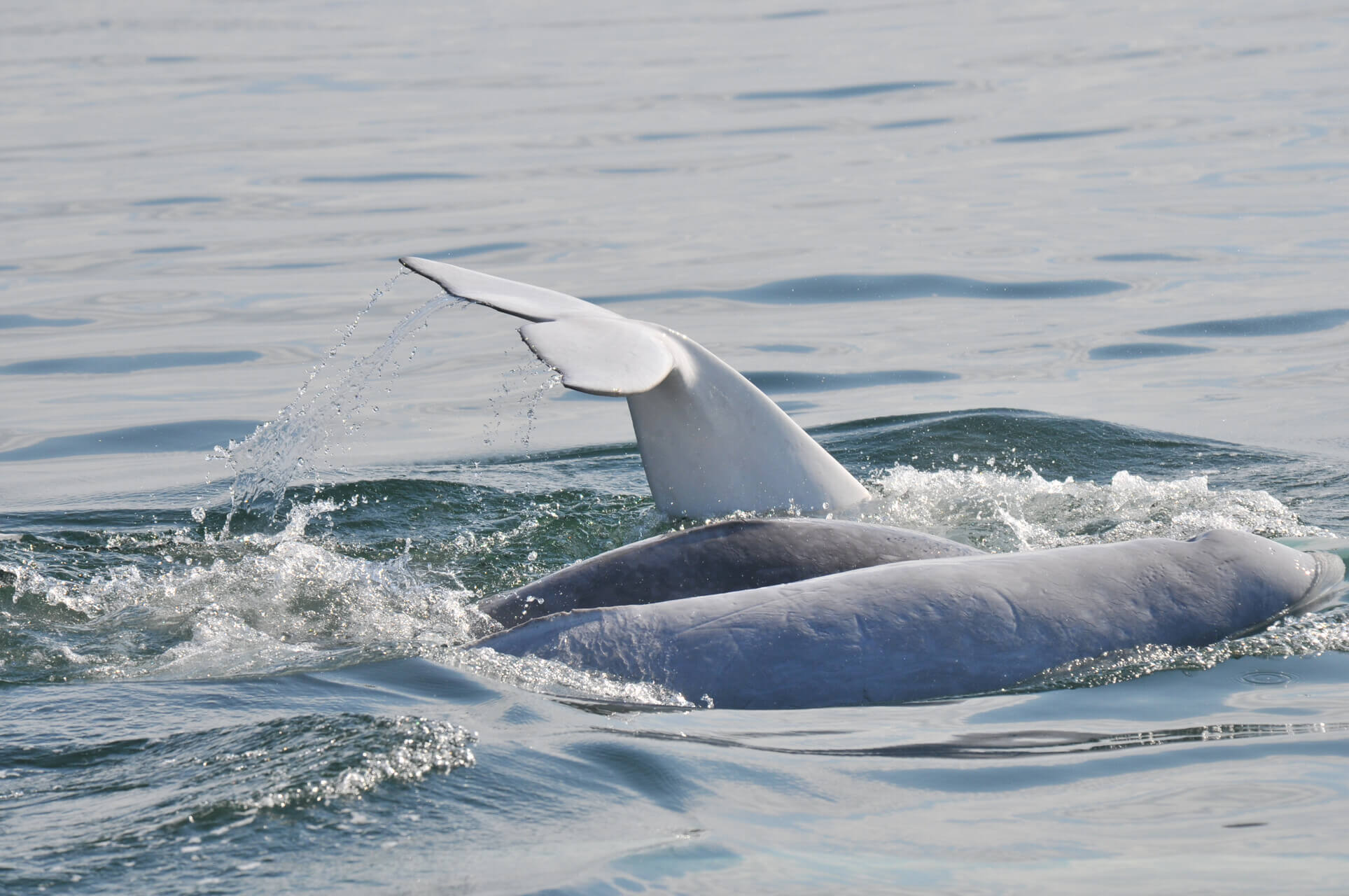Project
St. Lawrence Estuary (SLE) Beluga has been designated as an endangered species since 2014 by the Committee on the Status of Endangered Wildlife in Canada (COSEWIC). Their habitats are significantly impacted by surrounding anthropogenic activities. Therefore, chronic exposure to anthropogenic contaminants has been suggested as one factor affecting the health of the SLE beluga. Understanding the sources of these contaminants is the first step to develop rational approaches to reduce contamination and protect wildlife in the SLE habitat. However, the sources of many emerging organic contaminants in the SLE are unknown. The objectives of this project are to investigate the point and non-point sources of emerging contaminants in the SLE region. This is a collaborative project with Environment and Climate Change Canada, University of Toronto, York University, Simon Fraser University and University of British Columbia.
Informations
PhD-level funding for four years, starting in September 2019 or January 2020
Requirements
+ Satisfy the basic requirements for admission in the PhD program of oceanography at UQAR;
+ MSc degree in oceanography, chemistry, ecotoxicology or a related discipline;
+ Knowledge in oceanography, analytical chemistry, and environmental chemistry is an asset;
+ Knowledge in passive water/air samplers, atmospheric deposition samplers, and high volume air sampler is an asset;
+ Excellent communication skill in English;
+ Knowledge in French is an asset;
+ Valid driver’s licence;
+ Willing to conduct field sampling work.
To apply, send your CV and BSc/MSc transcripts to:
Zhe Lu
Institut des Sciences de la Mer de Rimouski
Université du Québec à Rimouski
Phone: 418-723-1986, ext. 1174
E-mail: [email protected]





